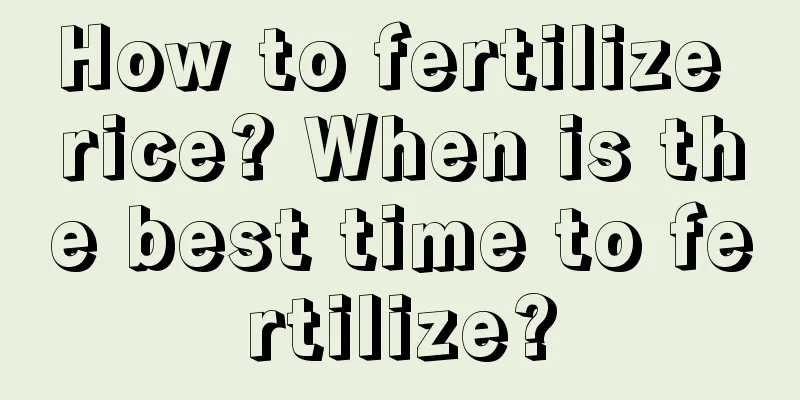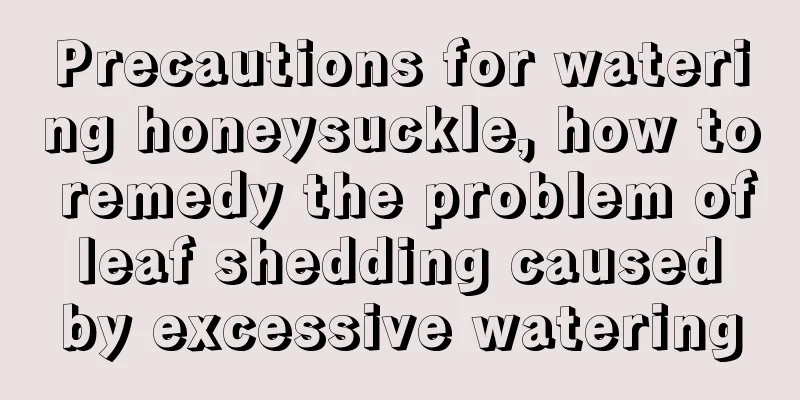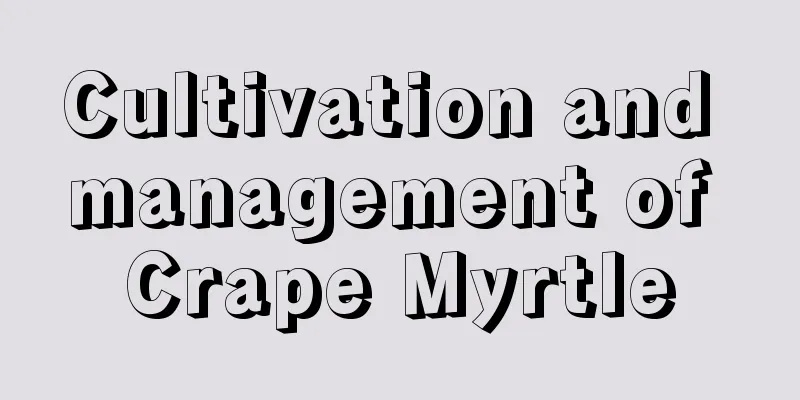How to fertilize rice? When is the best time to fertilize?

|
Rice is one of the staple foods that everyone eats every day. Rice is made by husking rice grown by grain farmers. Rice is cultivated in both the north and south of my country. Some places have single-season rice, and some places have double-season rice. Let’s learn how to fertilize rice. When is the best time to fertilize? 1. Base fertilizer Apply to the soil before transplanting, accounting for 40% of the total amount of fertilizer, combined with the last harrowing of the field. Attention should be paid to the application of organic fertilizer as base fertilizer. Generally, 10-15 kg of organic fertilizer is applied per mu through drip irrigation, and one set of organic fertilizer is added when the soil is mixed with the irrigation method. 2. Tillering fertilizer The tillering stage is an important period for increasing the number of plants and should be applied half a month after transplanting or transplanting. Tillering fertilizer is generally applied twice. The first time is after the seeds turn green, applying 7 to 8 kg of urea or high-nitrogen compound fertilizer per mu. The second time is during the peak tillering period, applying 7 to 8 kg of urea or high-nitrogen compound fertilizer per mu. 3. Ear fertilizer Fertilizers are divided into flowering-promoting fertilizers and flowering-preserving fertilizers. Flower-promoting fertilizers are applied from the spike differentiation stage to the spikelet differentiation stage, while flower-preserving fertilizers are applied slightly before the pollen cell meiosis stage, which has the effect of preventing spikelets from degeneration. 4. Granular fertilizer Apply from heading to maturity to improve fruit set rate, ensure full maturity and increase thousand-grain weight. The amount of topdressing should depend on the growth of rice, and less is better than more. 5. Fertilization period The absorption of nitrogen by rice reaches its peak during the tillering stage and the heading and flowering stage. The absorption of phosphorus fertilizer is the largest during the tillering to panicle differentiation stage, and the absorption of potassium fertilizer is mainly during the panicle differentiation to heading and flowering stage. 6. Foliar fertilization If zinc fertilizer is not applied as base fertilizer, 50 to 100 grams of zinc sulfate mixed with a 0.2% aqueous solution can be applied to the leaves during the tillering period. 7. Fertilization method The method of rice fertilization should be determined according to soil characteristics, rice growth stage and target yield, and the proportion and timing of basal fertilizer, tillering fertilizer, panicle fertilizer and grain fertilizer should be reasonably allocated. 8. Field management In addition to fertilization, field management measures such as water management and pest and disease control should be combined to ensure the healthy growth of rice. The above is an introduction to the key points of rice fertilization. The emphasis is different in each growth stage, so everyone needs to grasp it well.
|
<<: How to turn a single black mage into multiple heads, how to breed
>>: Cultivation methods and precautions of purple bamboo plum
Recommend
Is it better to use a large or small pot for the bird's nest?
1. Flowerpot size Under normal circumstances, a n...
Is it okay to put lilies in the bedroom?
Is it okay to put it indoors? benefit The fragran...
How to grow cilantro
1. Time Coriander is usually planted in August an...
Key points of cultivation technology for loofah outdoor planting time and method
Open air loofah planting time Open-air loofah can...
Can Amaryllis be transplanted in autumn? What season is best for transplanting?
Can Amaryllis be transplanted in autumn? Amarylli...
Are peach trees suitable for planting in the yard?
1. Is it suitable for planting in the yard? Peach...
Can I plant flowers without pine needles rotting?
1. Is it possible? Generally, when using pine nee...
Do plants grow faster if they are kept in a closed environment?
1. Is it growing fast? In fact, keeping plants in...
How many years does it take for gourds to bear fruit? How long does it take for gourds to grow?
Introduction to Planting Gourds Gourds usually gr...
Can pepper trees be potted?
Can the pepper tree be potted? The Sichuan pepper...
What to do if the leaves of Kalanchoe turn black
1. Prevent and control "black spot disease&q...
When is the best time to plant cherry seedlings?
Many people call cherries big cherries . They are...
Where is the best place to plant konjac?
Konjac Planting Conditions Konjac is generally pl...
Cuttings of Schlumbergera in summer
1. Cuttings If cuttings are carried out in the su...
The sowing and cutting method invented by a flower growing expert can germinate and root in minutes
★ 1. Use plastic bottles to propagate succulents★...









